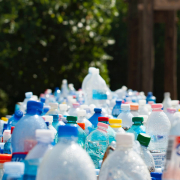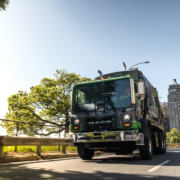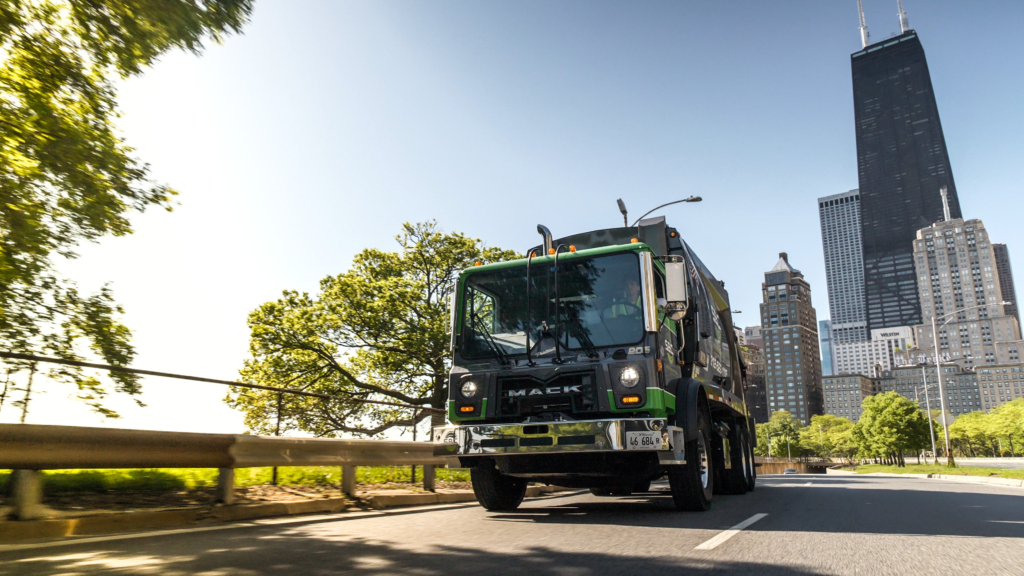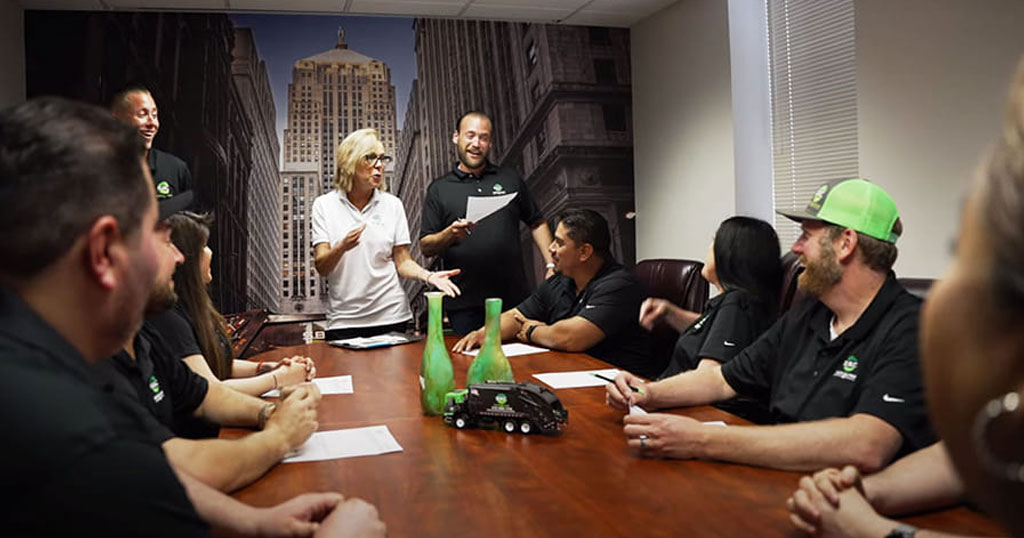The Art of Waste Disposal and Its Environmental Impact
The Art of Waste Disposal and Its Environmental Impact
In today’s fast-paced world, the issue of waste disposal has become more pressing than ever. With the constant influx of materials and products being produced and discarded, we must find sustainable and environmentally friendly solutions to handle our waste. The art of recycling has emerged as a means to address this issue, providing a pathway to reduce our carbon footprint and protect our planet for future generations. In this blog post, we will delve into the intricacies of waste disposal and explore how recycling plays a vital role in creating a greener and cleaner environment. From understanding the principles of recycling to exploring innovative waste management techniques, this article aims to equip individuals and businesses with the knowledge and tools necessary to make informed decisions about waste disposal. So, whether you’re a concerned citizen looking for ways to reduce your ecological impact or a business owner seeking sustainable waste management solutions, join us as we uncover the art of recycling and discover how waste disposal can indeed be environmentally friendly.
Exploring the importance of recycling and waste disposal in today’s world
Recycling and waste disposal have become increasingly important in today’s world due to the growing concerns about environmental degradation. With the ever-increasing population and industrialization, we are producing waste at an alarming rate, which poses a significant threat to our planet. However, recycling and proper waste disposal provide a practical and effective way to minimize the negative impacts on our environment. Recycling reduces pollution, conserves resources, and reduces the energy consumption required for manufacturing new products. Moreover, responsible waste disposal minimizes the risk of soil and water contamination, which threatens the health of living organisms. As we continue to strive for a sustainable future, it’s crucial to explore the importance of recycling and waste disposal, both from individual and governmental perspectives and adopt environmentally friendly practices.
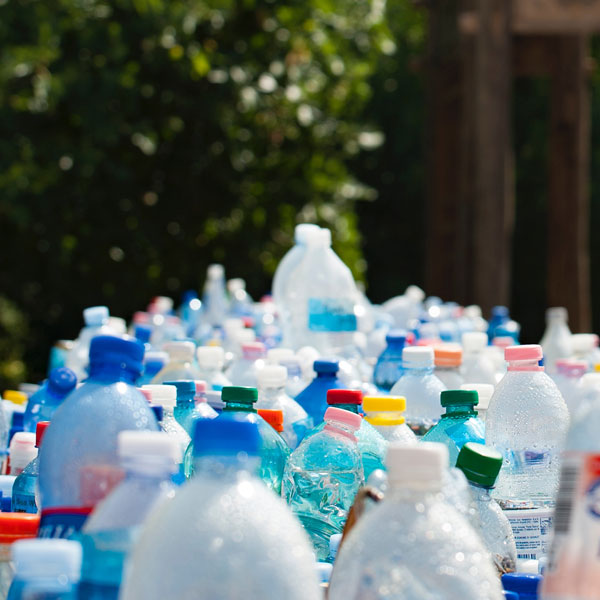
Recycling Company
The benefits of recycling
Recycling is not just about keeping our environment clean and green; it also has numerous benefits that go far beyond this. By recycling, we can save a significant amount of energy that would have otherwise been required to produce new products. For instance, it takes 95% less energy to recycle aluminum cans than it does to make new ones. Furthermore, recycling helps in reducing pollution and conserving our natural resources. When we recycle paper, we are saving trees and reducing the amount of new paper that needs to be produced. Approximately 67 pounds of air pollution are saved for every ton of paper that is recycled. Additionally, when we recycle plastic bottles, we are saving 3.8 barrels of oil for every ton of plastic that is recycled. Hence, recycling plays a crucial role in reducing our carbon footprint and promoting sustainable living.
Understanding the recycling process
Recycling is the process of transforming waste into new products while minimizing its impact on the environment. The process involves collecting recyclable materials like paper, plastics, glass, and metals and taking them to a recycling facility. Once there, they are sorted into different categories, cleaned, and processed into new raw materials that can be used to manufacture new products. Recycling conserves resources and energy by reducing the need to extract natural resources and produce new materials from scratch. In fact, it takes 95 percent less energy to recycle aluminum cans than it does to produce new cans from raw materials. Understanding the recycling process is crucial to encouraging more people to recycle and making it a routine part of their daily lives.
Creative ways to recycle at home
Recycling has become an important way to preserve the environment and reduce waste. One creative way to recycle at home is upcycling old furniture. By repainting or refinishing old furniture pieces, you can give them new life and save them from ending up in a landfill. Another way to recycle at home is by using compost bins. Composting not only reduces waste but also produces nutrient-rich soil. Lastly, repurposing materials can be a fun way to get creative and save materials from going to waste. For example, old jars can be used as storage containers, and empty wine bottles can be turned into vases or candle holders. By incorporating these ideas into our daily lives, we can make a positive impact on our planet and create a more sustainable future.
The role of technology in waste disposal
As technology continues to advance, waste management systems and recycling techniques have also evolved. Innovations in waste disposal have played a key role in minimizing environmental harm caused by improper waste management. New technologies such as waste-to-energy facilities, landfill gas capture, and mobile recycling units have emerged to help reduce waste and promote recycling. Furthermore, advanced recycling methods such as chemical recycling and mechanical recycling have enabled plastic waste to be repurposed into new products. With such advancements in technology, it is now possible to dispose of waste in an eco-friendly manner while also promoting sustainable practices. This not only helps in improving the environment but also creating a more sustainable future for generations to come.
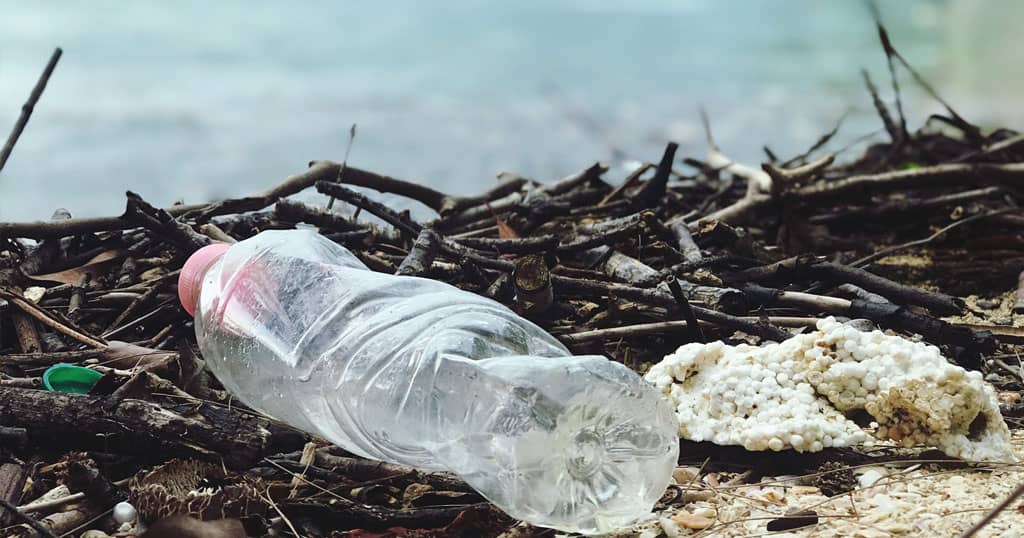
Recycling Company Near Me
Recycling on a larger scale
Recycling is no longer just a personal commitment, but a larger community effort towards creating a sustainable future. Several recycling initiatives have been implemented by communities around the world, promoting the importance of waste management and establishing a circular economy. Sustainable businesses have also emerged, utilizing recycled materials to manufacture products that reduce the need for new resources. For instance, upcycling used materials to create new furniture not only reduces waste but also provides affordable and eco-friendly options to consumers. Moreover, communities are now prioritizing composting and biodegradable waste methods, reducing the amount of waste that ends up in landfills. Recycling on a larger scale not only benefits the environment but also promotes sustainable economic development and creates a social impact by engaging communities in a collective effort towards a better future.
Overcoming challenges
Overcoming challenges in recycling requires addressing common misconceptions and myths that have hindered the adoption of environmentally friendly waste disposal practices. One of the most common misconceptions is that recycling is too time-consuming and complicated. The truth is that recycling is a straightforward process, and with the right education, the adoption of recycling practices can be simplified. Another myth that needs debunking is that recycling is not financially viable. However, with proper planning, recycling can be profitable, creating new job opportunities, and stimulating the local economy. Furthermore, some people believe that recycled products are inferior, but recent studies have shown that recycled materials can produce quality items that are not only environmentally friendly but also durable and cost-effective. Addressing these myths and misconceptions and providing practical solutions can help promote the wider adoption of recycling practices, leading to a cleaner, greener, and sustainable future.
In conclusion, recycling companies plays a vital role in preserving our environment and promoting sustainable living. By understanding the recycling process, exploring creative ways to recycle at home, embracing new technology and community initiatives, and debunking common misconceptions about recycling, we can make a positive impact on our planet. It is essential to remember that every individual’s actions count towards creating a greener future, and by making a conscious effort to recycle and reduce waste, we can create a more sustainable world for generations to come. Let us all make recycling a routine part of our daily lives and work together towards building a cleaner, greener, and more sustainable future. So, let’s take the first step towards this meaningful change today! Together, we can make a difference. So, let’s keep recycling and protecting the environment! Happy recycling!
https://www.google.com/maps?cid=4180240075447051620

